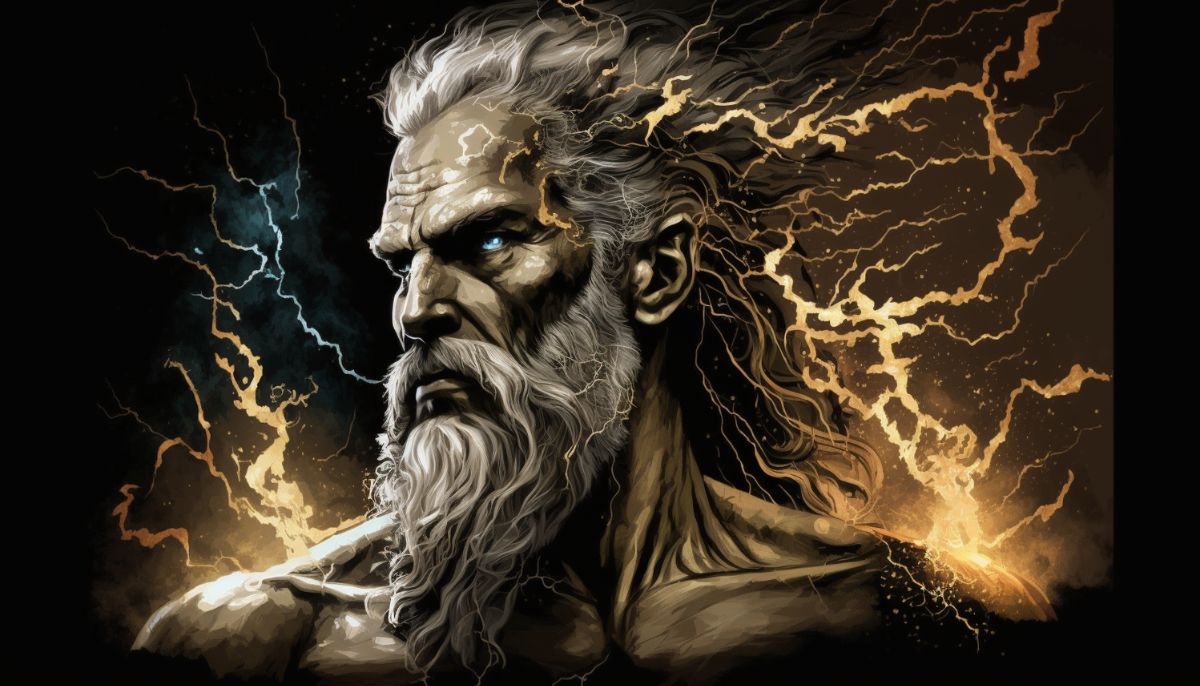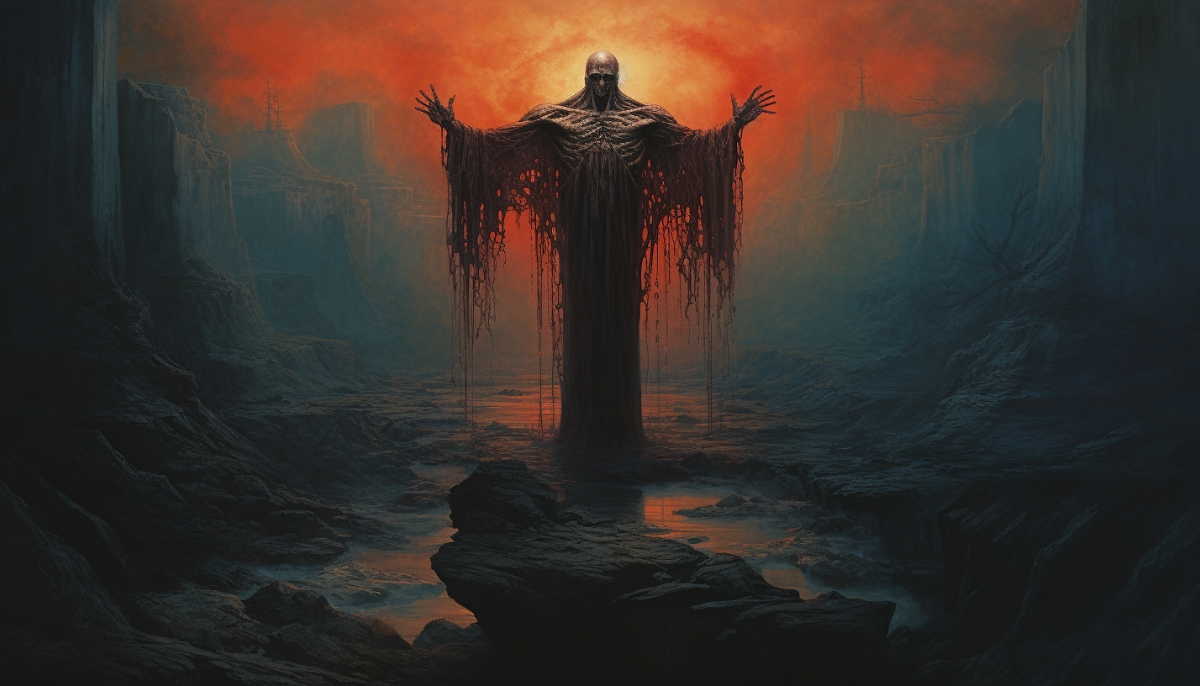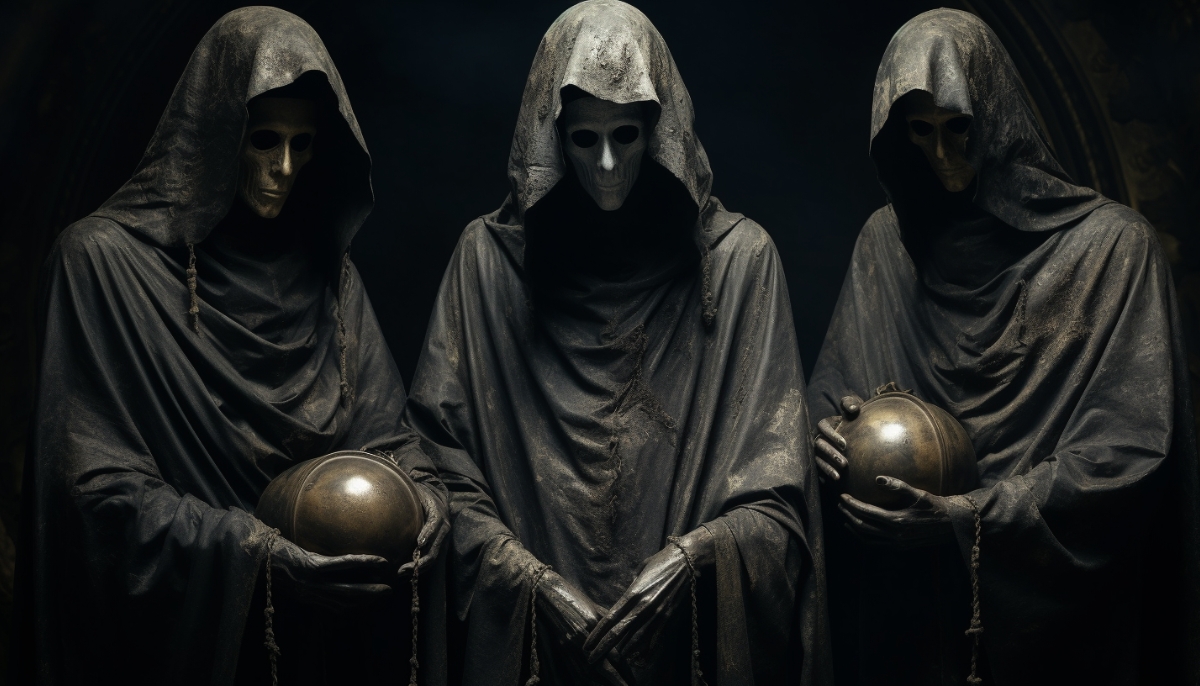For centuries, Zeus has been one of the most prominent figures in Greek mythology. As the king of the gods and god of thunder and lightning, he is often portrayed as an all-powerful and immortal being.
Yet, the question remains: did Zeus ever die?
While the idea of the death of a god may seem contradictory, many mythological stories suggest that even the mightiest of gods are not immune to death.
This article explores the various myths and legends surrounding the possible death of Zeus.
Can Greek gods die?
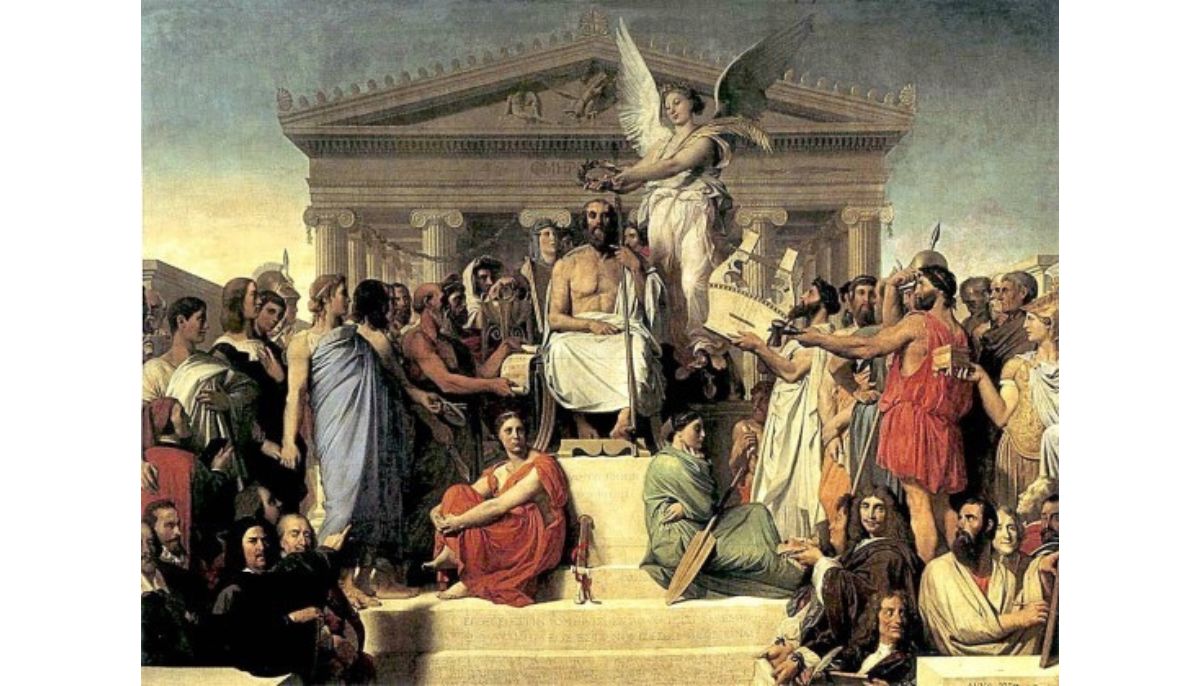
Though Greek myth gods are generally considered immortal, they are not impervious to all forms of harm. For instance, they can be imprisoned or sent to the underworld, but they don’t die in the way humans understand death.
In Greek mythology, the Titan Kronos was defeated and imprisoned in Tartarus. Two possible exceptions to the rule of godly immortality are Asclepius and Pan.
Asclepius, Pan, and Zagreus
Asclepius was said to have been struck down by Zeus for raising the dead. The death of Pan might actually be a mistranslation or misinterpretation.
Another intriguing case is that of Zagreus, who the Titans tore apart. However, Zeus saved his heart and Zagreus was reborn as Dionysus, emerging from Zeus’s thigh.
So, while Zeus wields enormous power, casting thunder and lightning from the heavens, the question remains: could even he face an end similar to death?
So, did Zeus ever die?
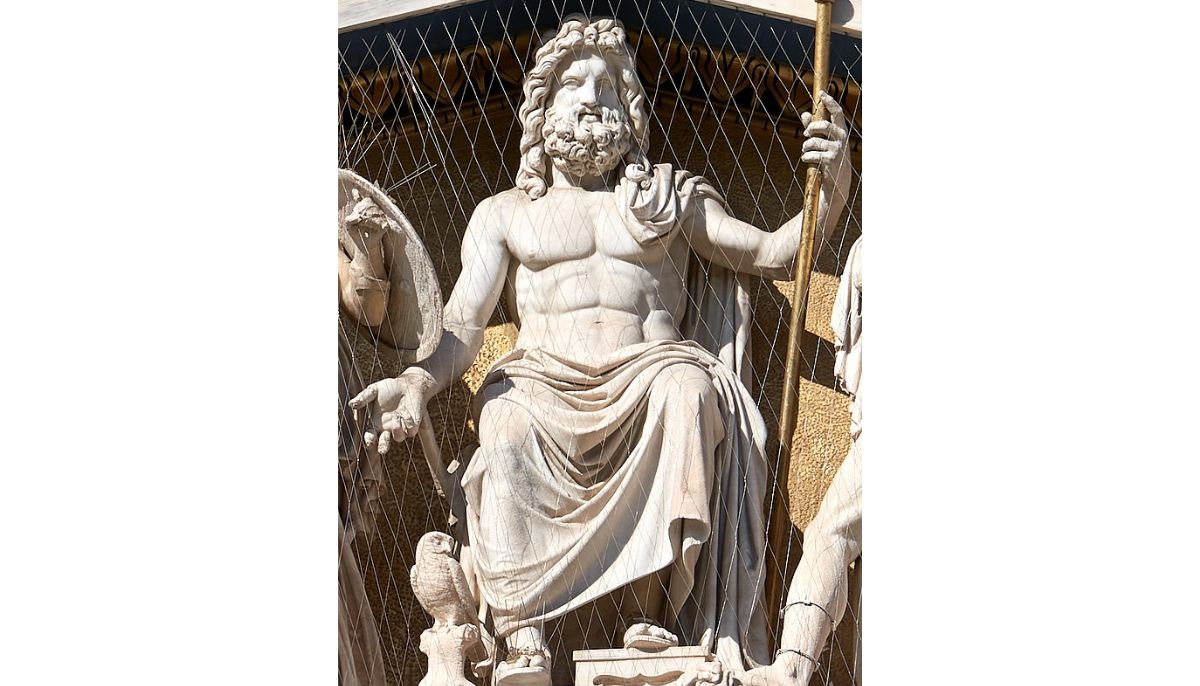
While it is generally accepted that the gods cannot die, some myths suggest that even the mightiest deities are not immune to death.
One such myth revolves around the death of Zeus in his birthplace, Crete.
Cretian myth of the death of Zeus
The earliest literary allusions to Zeus’s death in Crete date back to the 4th century B.C., with various sources pointing to the island as the location of his supposed demise.
The Hymn to Zeus by Callimachus is one example: “The Cretans even contrived a tomb for you, O Lord, but you will not die, for you live forever.”
According to the Cretan myth, Zeus is a god who dies and is reborn annually. While the exact details of his death are often left out of the stories, it is suggested that he was gored to death by a wild boar.
This idea of Zeus’s mortality directly contradicts the traditional view of Greek gods as immortal and deathless beings.
It is likely that the Cretan conception of Zeus and his mortality arose from the island’s unique cultural and religious traditions.
Check out these monsters of Cretan Mythology:
Can Zeus be Defeated?
While Zeus is often considered immortal, the question arises: can other gods defeat or banish him to the underworld? Theoretically, the answer is yes.
In Greek mythology, each principal god has dominion over a specific realm: Zeus rules the sky, Poseidon controls the sea, and Hades governs the underworld. They are roughly equal in power but gain an advantage in their territories.
Zeus wasn’t always the King of the gods
It’s important to note that Zeus wasn’t always the king of the gods. He gained this title after overthrowing his father, Kronos, who had overthrown his own father, Uranus. These stories of familial conflict indicate that conflict between gods is common in Greek myths.
So while Zeus is immortal, he is not invincible. His power has limits, especially when pitted against gods who wield comparable might within their own realms. If you’re interested in the ancient sources that our knowledge of the Greek myths is based on, check out our article on the best of the Greek sagas.
The death of Zeus in popular culture
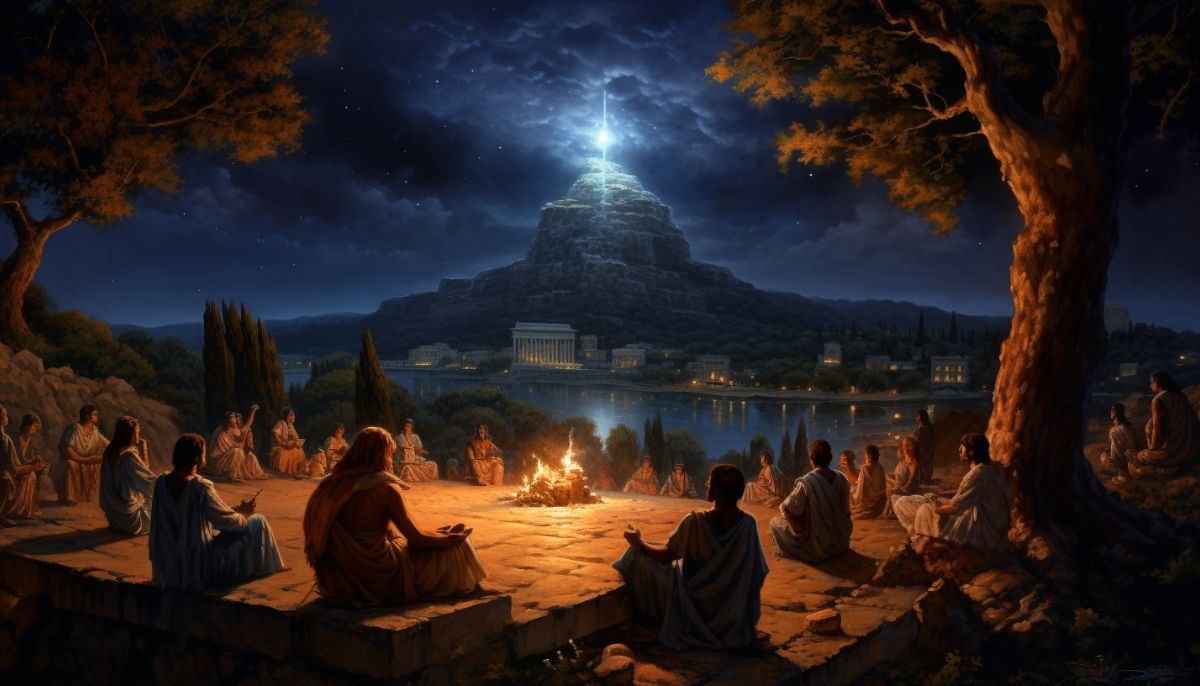
Popular culture, literature, films, and TV shows have toyed with the notion that Zeus could be defeated or even killed. However, most myths and legends maintain that Zeus is an eternal and undying god, wielding immense power over the skies and heavens.
Yet, according to ancient belief, gods are only truly dead when they are forgotten. In this sense, the act of storytelling itself grants Zeus and other gods a form of immortality.
So while the ancient texts may portray Zeus as an immortal being beyond the reach of mortal danger, our continued fascination and storytelling ensure his eternal life.
Regardless of how Zeus is depicted—be it an invincible deity or a character in a story—he remains immortal as long as he remains in our thoughts and discussions.
